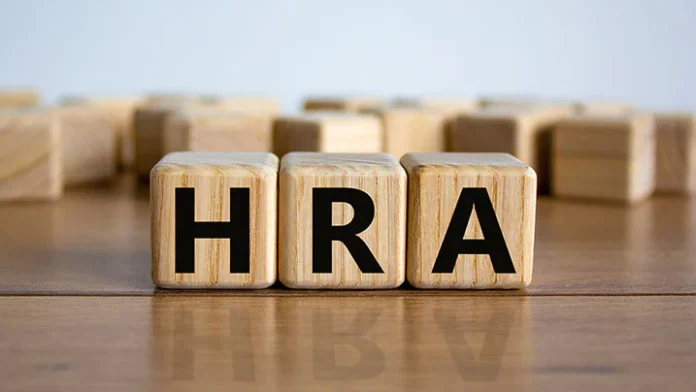HRA Claim Rules: Salaried people claim HRA exemption under section 10(13A) of the Income Tax Act. But, this benefit is available only in the old regime of income tax. The rules for claiming it are already fixed.
HRA Claim Rules: Salaried taxpayers take great advantage of House Rent Allowance (HRA). They claim HRA exemption under section 10(13A). If you have not selected the old tax regime in your proposed investment declaration in April, then your employer must have calculated the tax according to the new tax regime. This means that he must have calculated the tax without HRA and section 80C deduction. Despite this, you can avail this tax exemption while filing income tax return. For this, you have to file the return by July 31.
Rules for claiming HRA
The rules for claiming HRA are already fixed. A taxpayer living in a metro city can claim 50 per cent of his basic salary (plus dearness allowance) (40 per cent in non-metros) or actual HRA or actuarial rent paid (minus 10 per cent of basic salary and dearness allowance), whichever is lower. You do not need to submit any document while filing Income Tax Return. However, you will have to keep the rent receipts and rent agreement with you. If you pay more than Rs 50,000 per month as house rent, then you have to deduct TDS before paying the rent to the landlord.
Rules for self-employed taxpayers
If you are self-employed or HRA is not included in your salary structure, then you will not get HRA exemption under section 10(13A). However, you will get relief under section 80GG. You can claim a deduction of up to Rs 5,000 per month, whichever is lower between 25% of your total income or the actual rent paid minus 10% of your total income. However, if the house in which you live is in the name of your wife or minor child, then you cannot avail this relief. If the house in which you live is in the name of a Hindu Undivided Family (HUF), then also you cannot avail this relief.
You will get the benefit even if you live in your parents’ house
If you live in your parents’ house, then you are allowed to pay rent to them and avail the benefit of HRA tax exemption. But, the rent you pay will be considered as your parents’ income. In many cases, parents are retired individuals and fall in lower tax brackets. This will reduce the tax levied on them. Parents can also fall in higher tax brackets. Therefore, before paying rent to your parents and claiming HRA benefits, you should calculate the tax.
Rent income will be added to the income of the parents
Do not assume that your parents will not need to declare the rent paid on your behalf as their income. The reason for this is that you will have to provide their PAN while claiming HRA benefits. Since the Income Tax Department has the Annual Information Statement and the ability to track financial transactions, it has become difficult to hide any income.


